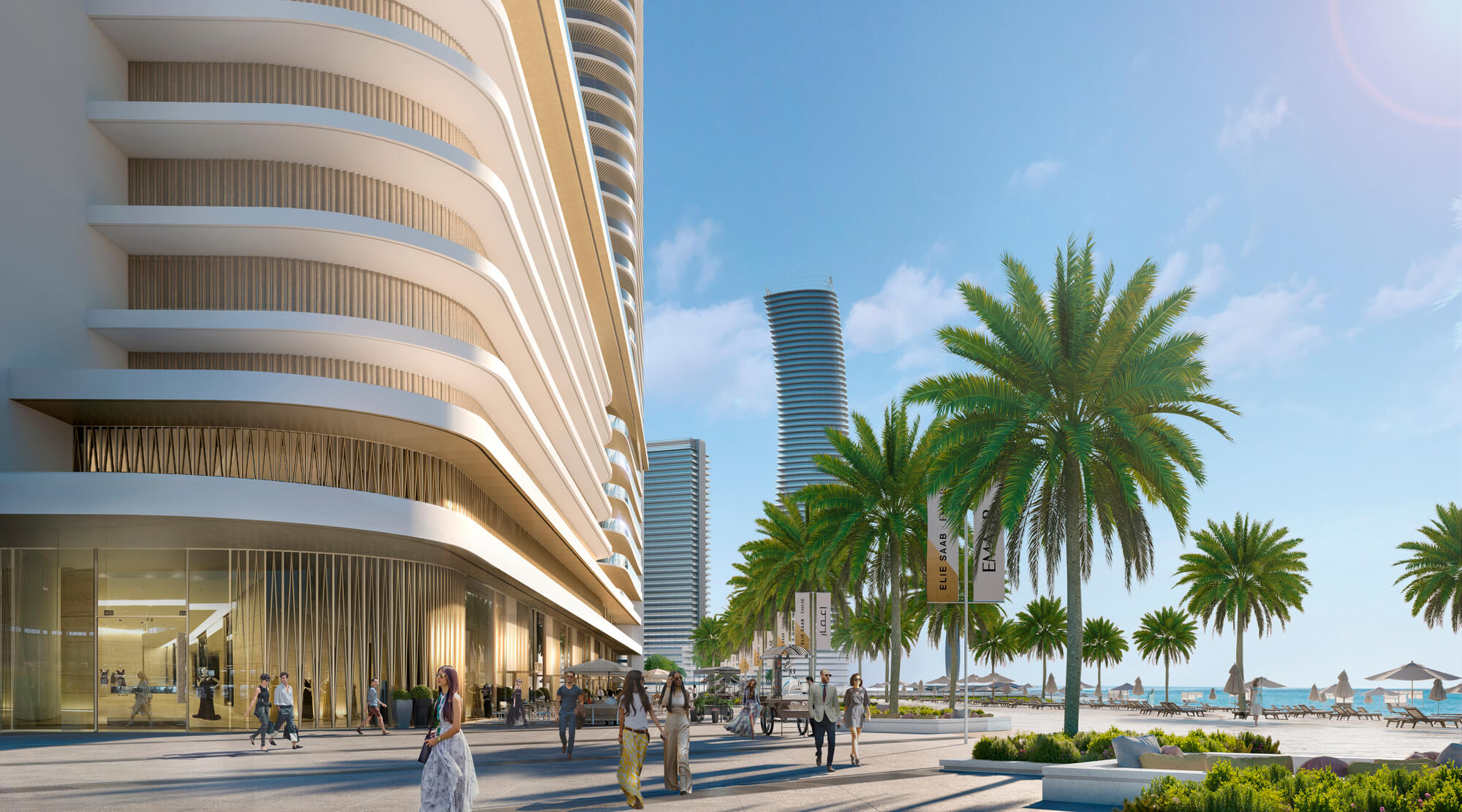Dubai, a global hub for business, tourism, and investment, has seen a surge in real estate activity, attracting foreign nationals from around the world. For many, the allure of owning property in Dubai is undeniable, but before making a purchase, understanding the legal framework governing foreign ownership is crucial. This article explores the legal regulations surrounding property ownership by foreign nationals in Dubai, with a focus on key considerations, types of property available, and the role of trusted real estate agencies like LUPOS Real Estate Agency in navigating this process https://lupos.ae/
Foreign Ownership Regulations in Dubai
Dubai has long been a destination for foreign investors, and the government has put in place laws to make it easier for non-UAE nationals to purchase property in certain areas. While foreign nationals are not allowed to own property across the entire emirate, there are designated areas, commonly referred to as freehold areas, where foreign ownership is permitted. These areas were introduced to encourage foreign investment and boost Dubai’s real estate sector.
In freehold areas, foreign nationals can buy residential, commercial, and mixed-use properties. The most notable freehold areas include popular locations such as Dubai Marina, Downtown Dubai, Palm Jumeirah, and Jumeirah Beach Residence (JBR). In these zones, foreign investors can hold 100% ownership of the property, unlike other areas where they may need to partner with a UAE national to purchase property.
Freehold vs. Leasehold: Understanding the Differences
While freehold properties offer full ownership rights, another type of property that foreign nationals can buy in Dubai is leasehold property. The main difference between these two types of ownership lies in the duration of the agreement.
-
Freehold Property: As mentioned, foreign nationals who purchase freehold properties have complete ownership rights, including the ability to sell, rent, or transfer the property at will. The duration of ownership is indefinite, making it a popular choice for investors seeking long-term gains.
-
Leasehold Property: In contrast, leasehold ownership typically involves a lease agreement with the landowner, where the foreign buyer can lease the land for a set period, usually 99 years. While the buyer can still rent or sell the property, the land itself remains the property of the UAE national or government entity.

Understanding the differences between freehold and leasehold properties is essential when considering investment options in Dubai.
The Role of a Real Estate Agency in Navigating Foreign Ownership Laws
Given the complexity of Dubai’s real estate market, it is highly recommended to work with a professional real estate agency to ensure compliance with all legal requirements. Real estate agencies in Dubai, such as LUPOS Real Estate Agency, play a crucial role in guiding foreign investors through the process of purchasing property, making sure that all legal frameworks are met.
A trusted agency like LUPOS Real Estate Agency has in-depth knowledge of local regulations and can help foreign buyers:
- Identify suitable properties in freehold or leasehold areas based on their preferences and investment goals.
- Ensure compliance with laws and regulations governing property ownership by foreign nationals in Dubai.
- Facilitate the entire purchase process, including contracts, paperwork, and liaising with legal professionals, to ensure that the transaction is transparent and secure.
The expertise of real estate agencies helps foreign nationals navigate the legal landscape and avoid common pitfalls.
Financing Property in Dubai as a Foreign National
Financing a property purchase is an important consideration for many foreign buyers. In Dubai, there are various financing options available to foreign nationals, though they differ from what is available to UAE citizens. While local banks do offer mortgages to expatriates, they generally require a larger down payment than would be required for a UAE national.
Typically, banks in Dubai offer loans for foreign buyers of up to 50-80% of the property's value, depending on the buyer's nationality, credit history, and other factors. The required down payment can range from 20-40% of the property's purchase price.
It’s also important to note that the financing process may vary depending on whether the buyer is purchasing a freehold or leasehold property. For instance, financing for leasehold properties may be more limited compared to freehold ones.
A real estate agency can assist in connecting foreign investors with trusted mortgage brokers or banks, helping to secure financing that aligns with the buyer's needs.
Key Legal Documents for Property Ownership in Dubai

When purchasing property in Dubai, foreign nationals are required to provide certain legal documents to complete the transaction. These documents typically include:
- Passport Copy: The buyer must provide a copy of their passport to confirm their identity.
- UAE Residency Visa: For expatriates who are residents of the UAE, a residency visa is required. Non-residents may also purchase property but must adhere to specific regulations and guidelines set by the government.
- Emirates ID (for UAE residents): This national identification card is necessary for all UAE residents.
- Proof of Income/Employment: Depending on the lender, foreign nationals may need to provide proof of income or employment to secure financing.
- NOC from the Developer (if applicable): If the property is part of a new development, the buyer may need a No Objection Certificate (NOC) from the developer to proceed with the purchase.
Ensuring that all required documentation is provided correctly is essential for a smooth property purchase experience. Agencies like LUPOS Real Estate Agency can assist with obtaining these documents and ensuring that the transaction proceeds according to the law.
Conclusion: Securing Your Investment with LUPOS Real Estate Agency
For foreign nationals looking to invest in Dubai’s thriving real estate market, understanding the legal framework for property ownership is key to making an informed decision. With clear guidelines for freehold and leasehold properties, as well as opportunities for financing, Dubai offers a range of options for international investors.
By partnering with a reputable real estate agency such as LUPOS Real Estate Agency, foreign nationals can navigate Dubai's property laws with confidence, ensuring that their investment is secure and compliant with all local regulations. With expert guidance, buying property in Dubai becomes a seamless and rewarding experience, whether you’re looking for a luxury home, commercial space, or a long-term investment opportunity.











Comments (0)